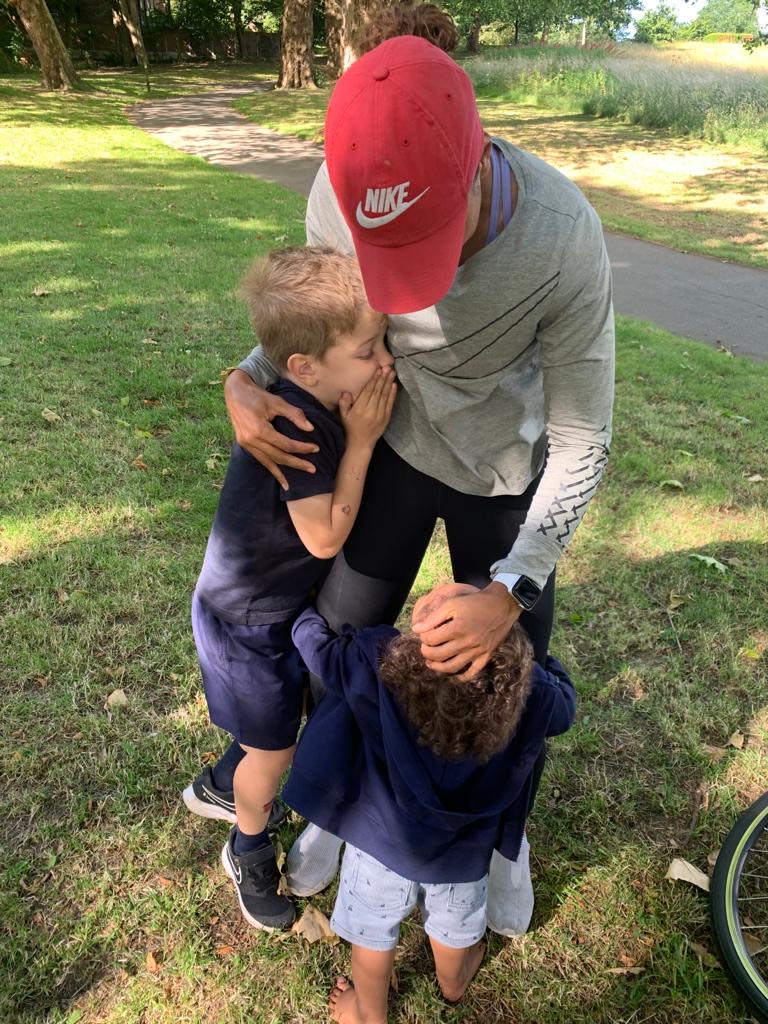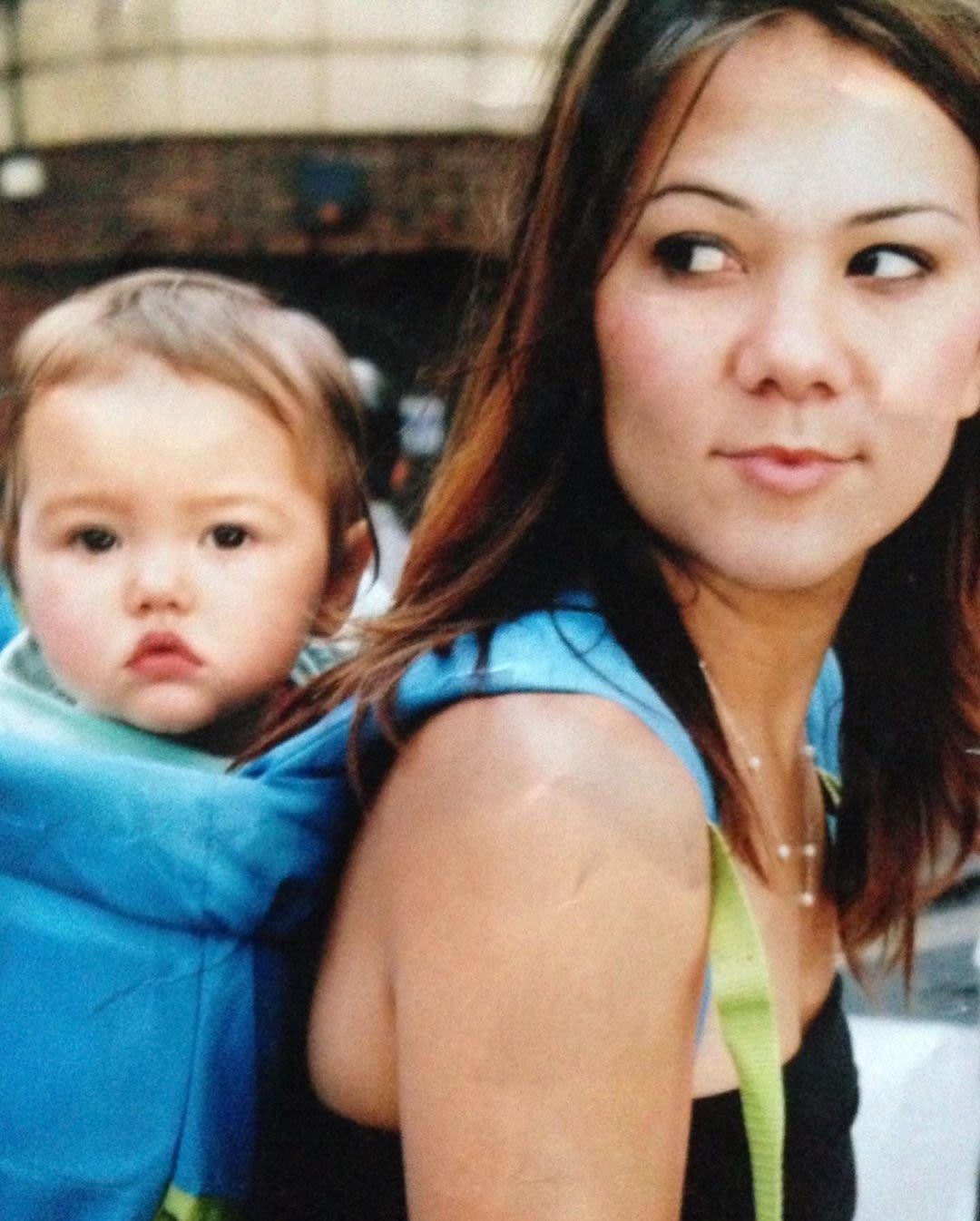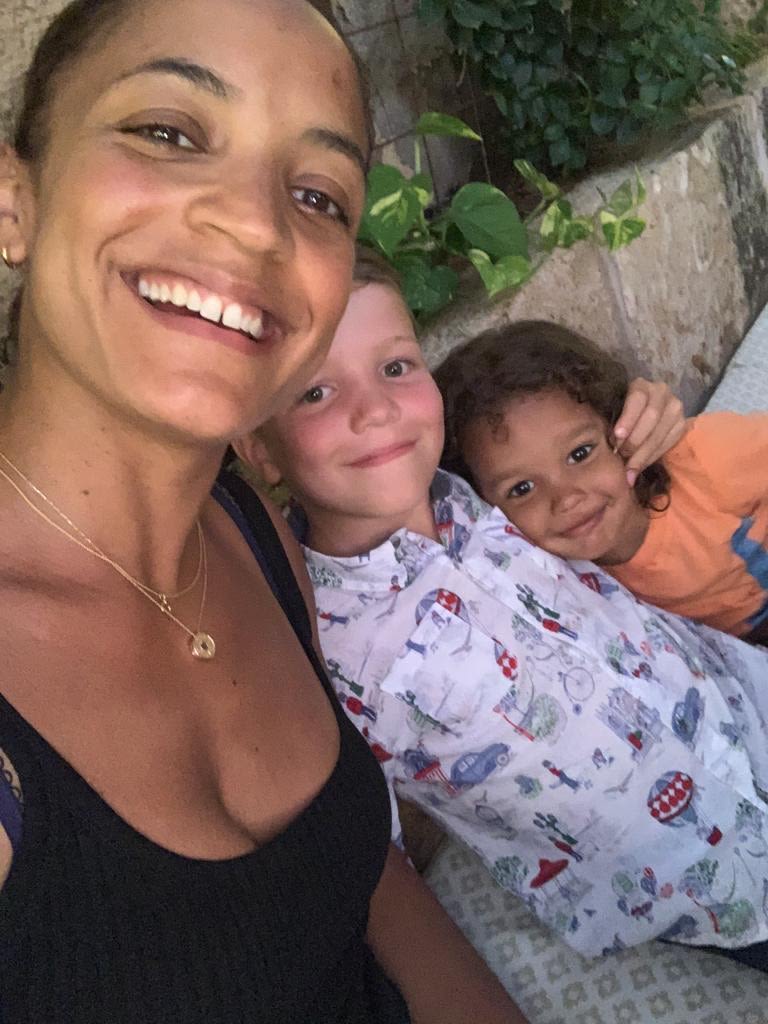Everyone knows mothers are always on the go, go, go. But somehow all that running around doesn’t translate to an actual workout (we know, life is unfair). We asked Peloton instructors Susie Chan and Joslyn Thompson Rule, who happen to be mothers themselves, how their training and thinking about exercise has evolved in the years since they became parents.
“I Wanted to Be Fitter to Be a Better Mum.”
While many Peloton Members have been active exercisers for years (or perhaps their whole lives), there are also many who are just getting into fitness, including young moms who are trying to get fit and healthy to support their challenging new lives as caregivers. Susie, mother to a 20-year-old daughter, has been there. “When I had my daughter, I was not into fitness at all! But my daughter really was one of the main reasons I found fitness,” she explains. “I was pretty unfit and unhealthy as a young mum. As my daughter grew older, I wanted to be fitter to be a better mum. That's when I started running.”

The Ebb and Flow of Fitness
By contrast, Joslyn already had a long history of training when the first of her two boys was born. He arrived via C-section, and she hired a physical therapist/coach to help her in her recovery from the surgery. “Training felt back to normal after about six to seven months…and I was competing again after eight months,” she says. “I say that with the caveat that I am a coach myself, so I appreciate this is not the same for everyone.”
In fact, it’s not even the same for the same person in a different period of their life. “Before and after my second,” Joslyn explains, “I was in a season of training less and working more. Three years later, I feel like I am still building back to full fitness.”

Stronger Than Ever
For Susie, the longer-term impact of motherhood on her training has been “mostly time management—fitting the training in around being a mum.” (Somehow we can actually hear the sound of Peloton moms around the world vigorously nodding their heads.) “Other than that,” she adds, “I have never thought that being a mother makes any difference to how I have approached my training or my races. For example, standing on a start line next to other runners, I do not think being a mother has any impact or barrier to ability or success.”
Now that her daughter is an adult and she doesn’t have to plan her training around school schedules and such, Susie says it’s much easier to fit in her exercise sessions. “I tend to run around 40 to 50 miles a week. Sometimes less if I'm busy, and as I am getting older, I use training time for a bit more cross-training.”

Managing Expectations
Joslyn notes that it’s important not to place expectations on yourself that are too high. “As much as I have been able to, I have maintained my training when I felt my body had recovered [from childbirth]. I have, however, given myself more grace and flexibility with my training schedule and absolutely do not stress if I miss a session or family life impacts my planned training.”
Still, her exercise schedule is impressive. “I train about five times per week outside of work. I already had my two boys when I started Peloton, so it was a case of adjusting to new job commitments and working around the boys’ schedules. Before I had the boys, I was competing and so would often train twice a day five days a week. That volume has definitely reduced, and I’m not mad about it!”

Finding the Right Balance
For new mothers out there contemplating a return to a fitness routine, the two instructors have some advice. Says Susie: “I would not apply any pressure on yourself. Don't worry about where other people are with their fitness journey, work at a pace that suits you, and ultimately it is your fitness time for you. It can be kind (a nice restorative yoga session) as well as challenging (some tougher run sessions). Get the balance right and enjoy!”
Joslyn has a more specific prescription, if you want it: “Start small with 10 to 15 minutes of movement, twice per week, at a time that you feel will work for you—that may be the same time weekly or different each week. Be flexible with it; not getting it done doesn’t mean you’re a failure. It just means that that time didn’t work on that particular day—what would have made it work? Apply that to next time. It’s all part of the process!”
You got this, mama! Read on to learn what you need to know about postpartum fitness.
This content is for informational and educational purposes only and does not constitute individualized advice. It is not intended to replace professional medical evaluation, diagnosis, or treatment. Seek the advice of your physician for questions you may have regarding your health or a medical condition. If you are having a medical emergency, call your physician or 911 immediately.



